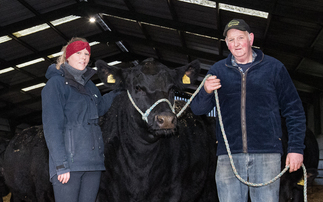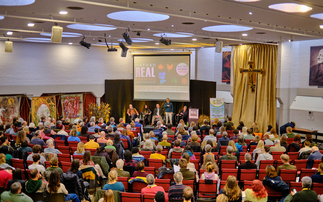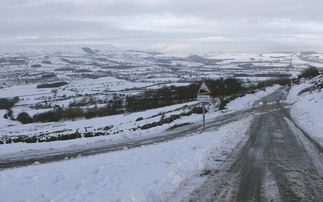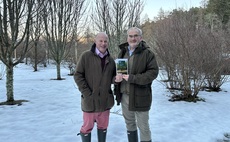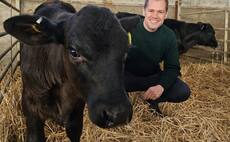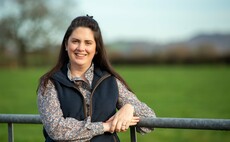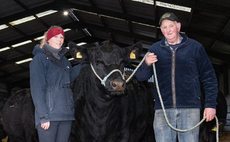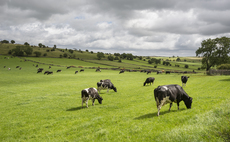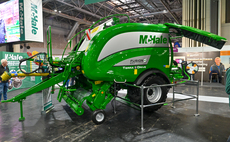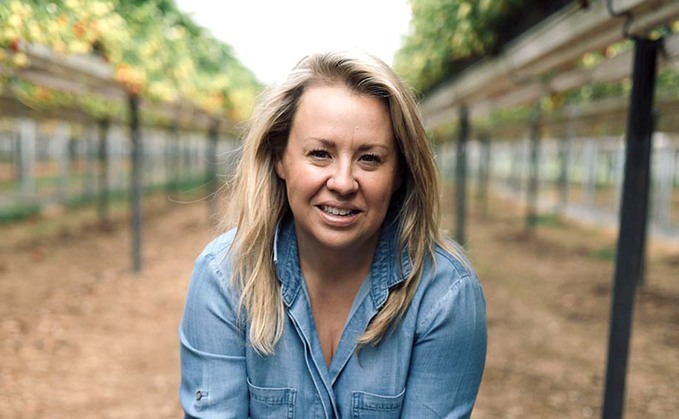
Annabel Makin-Jones is a fifth generation Yorkshire farmer and founder of Annabels Deliciously British and Tame & Wild.
On average, the UK imports £3.39 billion of fresh fruit every year to keep up with demand from supermarket shoppers.��
��
However, UK shoppers are currently finding��empty shelves in supermarkets due to overseas weather conditions affecting the countries we rely on for our fruit and vegetables.
��
To minimise the impact of the shortages, customers are turning to local farmers for an alternative source of fresh produce. However, rising costs of production including energy and wages is putting additional pressure on British farmers to meet increasing demand.
��
The working relationship between supermarket chains and local food producers has long been a subject of debate.
��
Large supermarket chains completely hold the power over farmers many chains squeeze margins, meaning minimal profit for UK producers.
��
I am just one of the 300,000 people working in the industry across the UK, battling extreme weather changes, Government legislation, and the rising costs associated with production all while trying to maintain our profit margins.
��
The UK grows fresh produce all year round, however some has to be grown in glasshouses which means prices will be more expensive for supermarkets.
��
Unfortunately, rather than accepting this slight increase in cost, supermarkets opt to buy cheaper products outside of the UK. This leaves British farmers with no buy-in or having to slash costs, therefore making little to no profit in order to compete.
��
With limited Government support, small British farms struggle to find their voice in the industry and cannot compete with the more affordable, foreign suppliers favoured by UK supermarkets.
There is a massive problem with Government legislation, which��driving the problem.
��
The issue is the Government will not involve themselves with the supermarkets and this is what is killing the industry.
��
It is because of this cycle that shortages, such as the one we have just experienced, occur.��
��
We should be encouraging the British public to back UK food producers and choose to eat produce based on what is in season in this country to support the UK trade.
��
If we raise the important issues and struggles surrounding the food and farming industry, and in turn build the publics understanding and knowledge of the sector, I think it will lead them to make more conscious food purchasing choices.
��
There is a lack of respect for farmers as consumers do not understand the processes we have to go through.
It is so important to give the food and farming industry a voice and raise the important conversation.
��
Television personalities such as Jeremy Clarkson and Kaleb Cooper are already making waves by flying the flag for the British agriculture industry with their second series��Clarksons Farm,��but��we need more of a presence in the media to bring the importance of the UK agriculture industry to the forefront of the public eye.
��
By encouraging UK shoppers to purchase more local produce, British farmers who currently struggle to meet their expenses will be able to rebuild, returning to the year-round production that halted thanks to rising energy costs, but this cannot happen without Government intervention.��
��
We need support for everyone working in the industry across the UK. Action needs to happen now, before it is too late.





